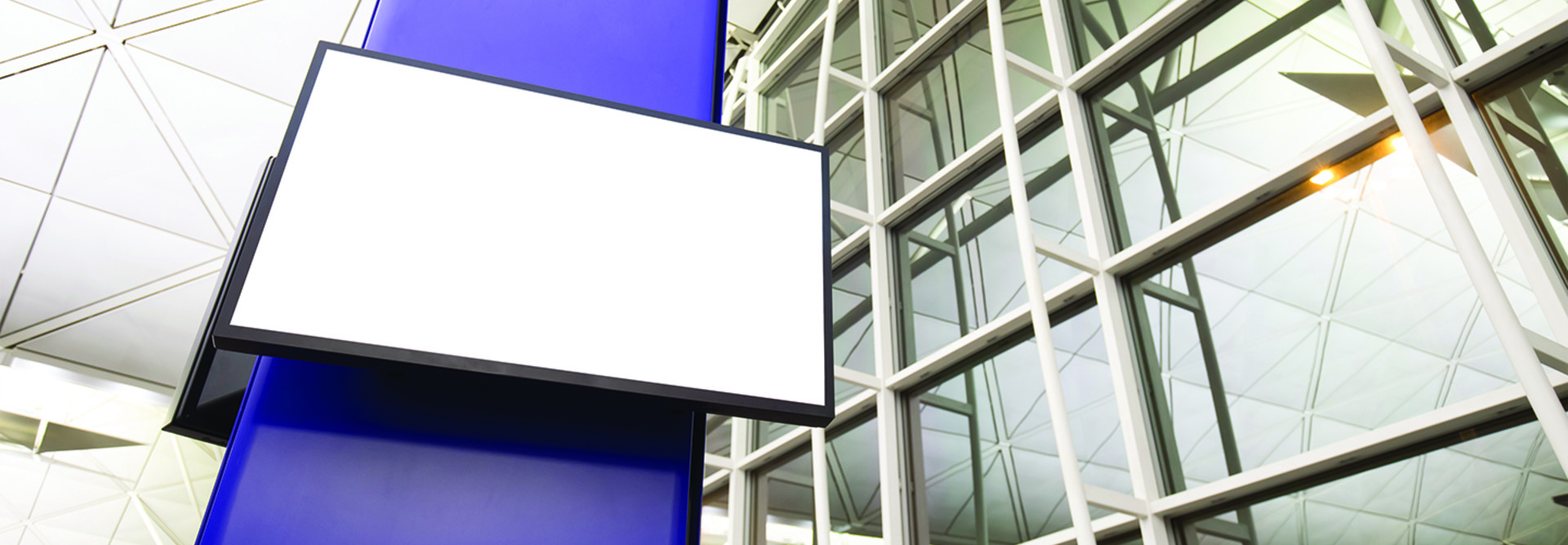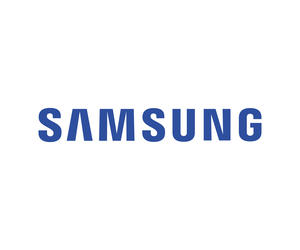One solution: effective and engaging digital signage.
Retailers Can Capture Crucial In-Store Moments
To capture attention and drive conversion, businesses must capitalize on what Google calls micro-moments, when customers leverage their mobile devices to discover more information, find a price or pinpoint a vendor online. While loyalty programs built on mobile applications can help serve up geotargeted ads during these critical moments, the right digital signage solutions offer a way to capture micro-moments in real time.
Recent research shows that digital signage can boost incremental sales by as much as 25 percent. But the study also found that “digital signage is not like at-home television advertising. Instead, it is more like conventional point-of-purchase displays, where a simple, direct and relevant message produces the greatest response.”
Companies must also use digital signage that offers clear images and crisp text under any lighting conditions, without being so bright or distracting that consumers become frustrated. Ideally, digital signage serves to augment — not appropriate — the in-store experience.
DISCOVER: Displays are as unique as the stores that use them. Find the right one for yours.
In-Store Signage Can Power Customer Action
Retail businesses recognize the divide between potential and purchase: Simply having customers walk by the store — or browse inside — isn’t enough if this curiosity doesn’t lead to conversion. Consider the rise of “showrooming,” in which customers visit local stores to find exactly what they’re looking for, leave, then order it online. Retailers need a way to bridge the gap between intention and action if they’re going to keep sales in-store.
Digital signage can help solve for common customer pain points by doing the following:
- Quickly capturing attention: If customers don’t see something they like as soon as they enter the store, they’re leaving. Chris Mertens, vice president of U.S. Sales, Display Division for Samsung Electronics America, points to solutions such as “The Wall.” Using Samsung’s new Fine Pixel Pitch technology, this MicroLED video wall “allows retailers to showcase their vision and brand with an immersive experience that commands attention from all in its line of vision.”
- Providing up-to-date, real-time information: Discounts and flash sales drive revenue, but only if stores have stock to meet demand. As noted by Mertens, Samsung’s MagicINFO platform offers seamless hardware and software management, letting businesses “optimize and automate store promotions and campaigns based on real-time integrated data.”
- Offering in-the-moment service: Customer volumes now outpace sales associate staffing by 10 to 1 — long wait times for service have consumers heading elsewhere. Self-service solutions from Samsung empower prospective buyers to quickly find what they’re looking for even if all staff members are occupied.
Measure the In-Store Impact of Digital Signage
Digital signage isn’t static. Mertens highlights Samsung’s role “as a leader in new innovations such as 8K and built-in AI technologies” that look better than their predecessors and intelligently assess and respond to transaction, inventory and promotional data.
But there’s also a more immediate need — measuring digital signage impact across three key categories:
- Capturing interest: As noted by Digital Signage Today, businesses need video recognition software capable of measuring the interest generated by LED video walls, outdoor signage or 4K Ultra HD smart signage displays. How many people are walking by a store’s signage? How many stop? For how long?
- Commanding action: It’s also critical to measure the ability of digital signage to compel action and consumers into the store. Here, analysis of both signage messaging and total foot traffic volumes can help asses digital efficacy.
- Converting intent: Sixty-eight percent of customers say that digital signage influences their decisions to buy. Solutions such as Samsung’s dual-sided signage can help both attract customers from outside the store and convert them once they’ve crossed the threshold. Measurement in this case is often tied to specific product sales that align with digital messaging to determine the increase offered by real-time signage solutions.
Customer attention is now fragmented across online and in-store channels; capturing in-moment consumer interest depends on the combination of advanced digital signage and accurate measurement to deliver on-demand engagement.
The ultimate brick-and-mortar mandate? Never let customers pass the store by. Capture their interest in-moment and in-store to drive conversion and augment the retail buying experience with evolving digital signage.
Brought to you by:











